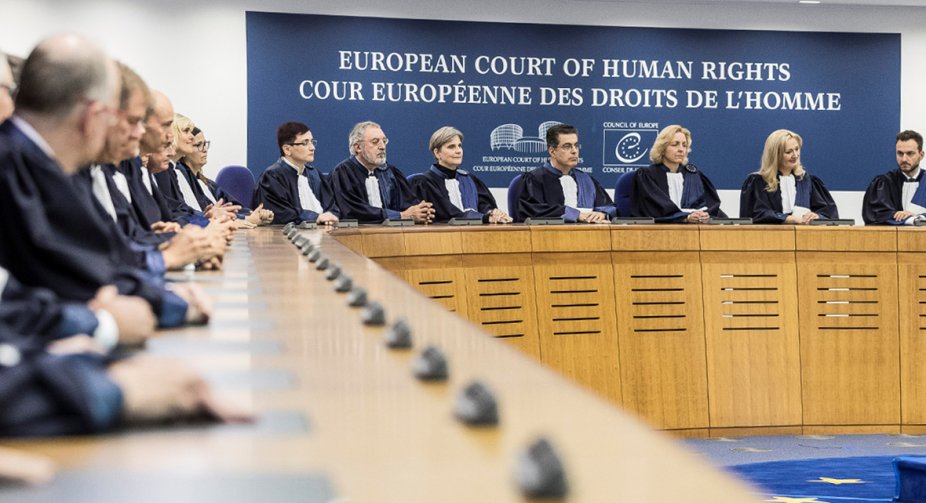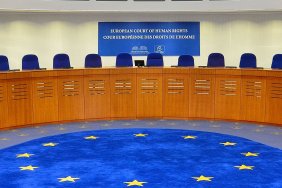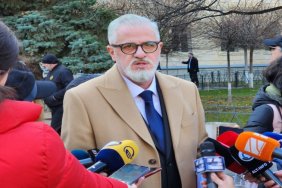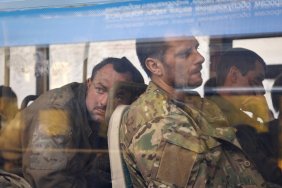The European Court of Human Rights (ECtHR) announced the decision in the interstate case "Georgia v. Russia" (IV), recognizing it as admissible. Therefore, the court proceeds to consider the case in substance.
Georgia's fourth interstate complaint against Russia concerns the "alleged deterioration of the human rights situation along the administrative border between the territory controlled by the Government of Georgia and Abkhazia and South Ossetia." It was submitted by the Government of Georgia on August 22, 2018.
In particular, the document refers to the death of Georgian citizens: Davyd Basharuli, Archil Tatunashvili and Gigi Vidhozoriya. Tbilisi believes that Russia is hiding security forces responsible for the death of three Georgian citizens. In these cases, individual complaints were also submitted to the ECtHR.
The Georgian side claims that Russia violated a number of provisions of the European Convention on Human Rights - Article 2 (right to life), Article 3 (prohibition of torture), Article 5 (right to freedom and personal integrity), Article 8 (right to respect for private and family) life), Article 13 (right to an effective remedy), Article 14 (prohibition of discrimination), Article 18 (limits to the use of restrictions on rights); as well as Article 1 (protection of property) and Article 2 (right to education) of the Additional Protocol, Article 2 (freedom of movement) of Protocol No. 4.
Consideration of the fourth interstate lawsuit of Georgia against the Russian Federation was suspended until the announcement of the decision in the case of the August 2008 war. The ECtHR announced its decision on this lawsuit on January 21, 2021.
Last March, Russia was expelled from the Council of Europe due to its aggression against Ukraine. On September 16, it officially ceased to be a member country of the European Convention on Human Rights. However, the Council of Europe emphasizes that it is obliged to comply with the decisions of the ECtHR issued in cases decided by the court for consideration by September 16, 2022. However, in March of last year, Moscow stopped both implementing ECtHR decisions and reporting on their implementation.
30-year-old Georgian citizen Giga Vidhozoriya was killed in the village of Khurcha on May 19, 2016. The Georgian court established that he was killed by the Abkhazian border guard Rashid Kanji-Ogli. He was sentenced in absentia to 14 years of imprisonment. Kanji-ogly has been declared an international wanted man by Interpol, but he has not yet appeared in court. The authorities of the self-proclaimed republic of Abkhazia stopped the criminal prosecution of the border guard.
Archil Tatunashvili died on February 22, 2018, shortly after he was detained by security forces of the self-proclaimed republic of South Ossetia in the Akhalgorsk district. The South Ossetian authorities claimed that Tatunashvili allegedly tried to take weapons from the convoy in the detention center, but during the resistance he fell down the stairs and was taken to the hospital, where he died of heart failure. The Prosecutor General's Office of Georgia established that after the arrest, Tatunashvili was taken to Tskhinvali and tortured for his participation in the August 2008 war. Tatunashvili received more than 100 injuries, and later died. These conclusions were confirmed by the conclusion of the National Bureau of Expertise named after Levan Samharauli.
18-year-old Davyd Basharuli disappeared in Akhalgorsk district in 2014. His remains were found seven months later. The South Ossetian investigation announced the suicide of a young man. The relatives of the deceased claim that this is a lie and an attempt to cover up a crime. In particular, experts found particles of soil and grass in the remains, from which it was concluded that the body was lying in the ground. "That is. they killed him and buried him, and six months later they pulled him out of the ground and hung him on a tree," David Basharuli's uncle said in an interview with "Echo of the Caucasus".






